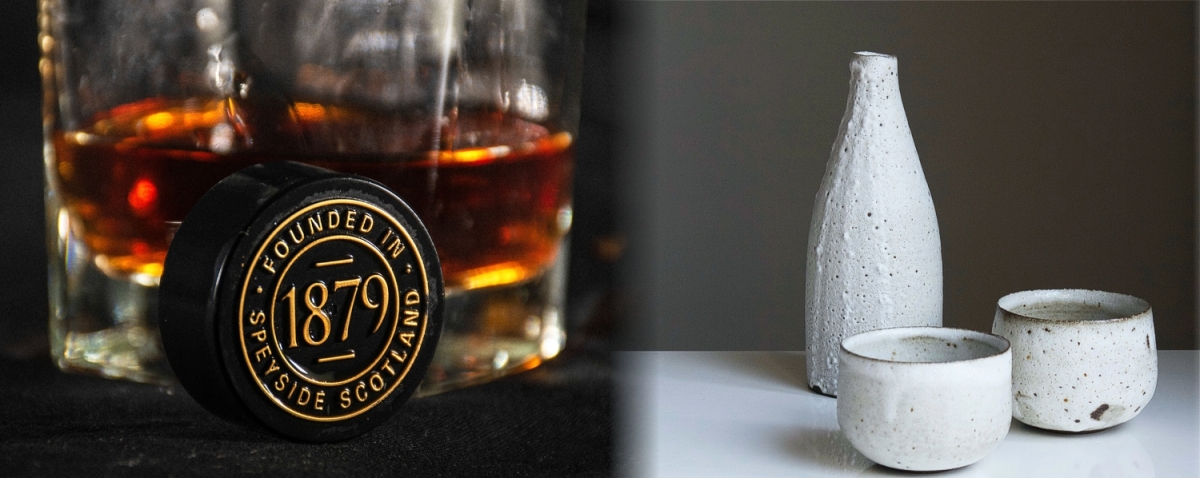By Peter Ungphakorn
POSTED OCTOBER 26, 2020 | UPDATED SEPTEMBER 27, 2022
UPDATE a year later: So far no new British geographical indications have been registered in Japan. But the EU has secured protection (officially “designated” geographical indications) for 21 new food names since February 1, 2021 — items 75–95 on this list (with 17 more apparently pending comment on this list). And according to the US Department of Agriculture, three new spirits and four new wines were also registered, although they are not yet listed in English on the official Japanese website.
The UK International Trade Department said on October 22, 2021 that discussions with Japan on protecting new names started early in the year. The UK shared its list with Japan on April 30. These British geographical indications “will now go through Japan’s procedures as quickly as possible,” the department said.
More on Japanese lists of registered names can be found below.
_________
TWO YEARS LATER: Still no new UK geographical indications registered in Japan. The number of the EU’s added names has increased by the previously-pending 17 to reach 38.
Ben Ramanauskas, a former adviser to Liz Truss and the UK International Trade Department, wrote this explanation on November 27, 2022:
“… After the negotiations were finalised I was tasked by Liz Truss (possibly as a punishment) to work on ensuring that the new Geographical Indications (GIs) were recognised by the Japanese Government. GIs essentially mean that certain UK products receive protected status in another country, so that there would be no imitation[*] Cheddar Cheese or Cornish Pasties being produced in Tokyo or Kyoto. This is all well and good, but could hardly be considered a priority given how economically insignificant many of the industries set to benefit are. The politics of it all matters unfortunately, and it makes for nice headlines especially if accompanied with a photo next to some flags.”
* Note “imitation” is not correct here. For protected geographical indications, imitation is allowed. Using the same name is not.
_________
THREE YEARS LATER: Still no new UK geographical indications registered in Japan (see The Guardian, May 21, 2023). Meanwhile, on September 27, 2023 the EU announced another list of protected names under its agreement with Japan, 42 altogether, about 30 of them EU names.
_________
The moral of this fable (as if we didn’t know already): Don’t count those Orpington chickens before they hatch. Don’t believe promises of a future agreement, or future deals under an existing agreement until they are delivered.
Britain’s new trade agreement with Japan contains some improvements over the EU-Japan deal it rolls over, but some of London’s claims don’t stand up to scrutiny.
“It’s a roll-over of the EU deal with extra bits. And that’s a success too. That’s still better than we thought we’re going to get. Why not just say that?” tweeted trade advisor Anna Jerzewska.
She was commenting on the claim by International Trade Secretary Liz Truss that this “first trade agreement” for Britain “as an independent trading nation” has “major wins that would be impossible as part of the EU.”
Continue reading “FACT CHECK: Which UK geographical indications are in its trade deal with Japan?”




